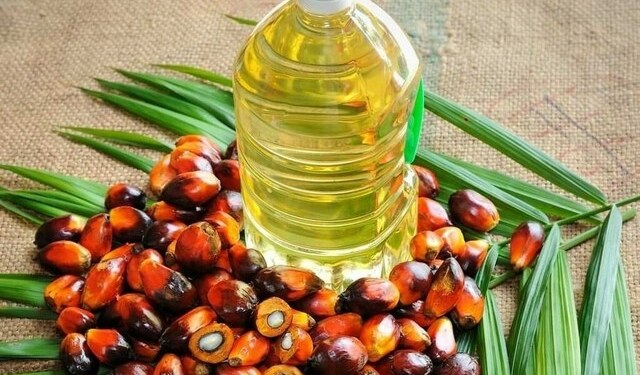KUALA LUMPUR (Jan 28): Shares of Malaysian rubber glove manufacturers rose as much as 3% on news of bird flu outbreaks in China and South Korea.
Stocks like Supermax Corp Bhd, Kossan Rubber Industries Bhd and Hartalega Holdings Bhd have also gained as the ringgit weakened against the US dollar.
A weaker ringgit bodes well for export-based rubber glove manufacturers as their US dollar-denominated earnings translate into higher income when converted into the ringgit.
Supermax, Kossan, and Hartalega each jumped as much as 3% before reducing gains. At about 3.30pm, Supermax and Kossan were traded at RM2.87 and RM4.08 respectively while Hartalega changed hands at RM6.98.
Top Glove Corp Bhd rose as much as two sen or 0.4% to RM5.58 before erasing gains to RM5.55 at RM3.27 pm.
An analyst from MIDF Amanah Investment Bank Bhd said news on disease outbreaks tends to generate demand for rubber gloves.
The analyst told theedgemalaysia.com over telephone today that rubber glove demand tend to rise as “preventive” measures against these outbreaks.
Bird flu cases in China and South Korea have made headlines in recent days.
Reuters reported that Hong Kong began culling 20,000 chickens and suspended imports of fresh poultry from mainland China for 21 days on Tuesday after the discovery of the H7N9 bird flu virus in a batch of live chicken from the southern province of Guangdong.
The government order took effect two days before celebrations begin for Chinese New Year, when poultry sellers generally anticipate a boom.
Meanwhile, South Korea is expanding a poultry cull in a bid to contain the spread of bird flu that has been found in an increasing number of farms around the country and in migratory birds.
The country’s agriculture ministry said the H5N8 strain of bird flu had been detected in six poultry farms and that there had been 13 cases in migratory birds since the first outbreak earlier this month.
Meanwhile, MIDF analyst said impact of the weaker ringgit versus the US dollar may be “neutral” on certain companies like Hartalega. The firm specialises in synthetic rubber or nitrile gloves.
The impact is deemed neutral on Hartalega as the company which sells its gloves in US dollars, also buys its raw material nitrile, a crude oil by-product, using the currency.
The analysts’ comments came at a time when the ringgit has depreciated to its weakest level in about three-and-a-half years against the US dollar. The ringgit has depreciated as investors sold emerging market currencies and channel funds to US dollar-denominated assets.
Yesterday, Bloomberg data showed the ringgit was traded at 3.3485 versus the US dollar, its weakest level since May 27, 2010. During the period, the ringgit was transacted at its firmest level at RM2.9342 on July 27, 2011.
Today, the ringgit was traded at RM3.3428 versus the US dollar.
Kenanga Investment Bank Bhd said in a note today it has a target price (TP) of RM6.10 for Top Glove shares. This comes with a “market perform” call for the stock.
Meanwhile, Kenanga has TPs of RM3.52 and RM4.46 for Supermax and Kossan respectively. Hartalega is seen fair-valued at RM8.13.
























